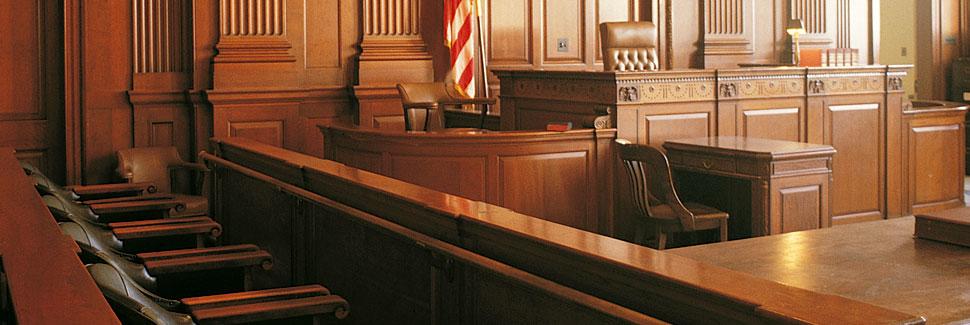Court rules on confidentiality under 604(b) of Marriage Act [2011-04-24]
Copyright (c) 2011 by Law Bulletin Publishing Company
February 28, 2011 Volume: 157 Issue: 40
Court rules on confidentiality under 604(b) of marriage act
By Sarah Zavala
Special to the Law Bulletin
The Illinois Supreme Court ruled Friday that information obtained under section 604(b) of the Illinois Marriage and Dissolution of Marriage Act is not confidential.
The high court ruled 5-1 with Chief Justice Thomas L. Kilbride dissenting. Justice Mary Jane Theis did not take part in the ruling because she was on the 1st District Appellate Court at the time.
Heather Johnston v. Andrew Weil, arose from two separate child custody proceedings, involving Johnston and her two children whom have separate fathers.
Sean McCann sought custody after his son was taken to the hospital with bruises. The Department of Child Family Services was contacted to carry out an investigation.
McCann filed a post-dissolution petition to change the joint parenting agreement.
The circuit court appointed a psychiatrist to conduct interviews and make a report pursuant to section 604(b) of the Illinois Marriage and Dissolution of Marriage Act, 750 ILCS 5/604 (b).
At the same time, defendant Andrew Weil also wanted custody of his daughter and filed a motion to subpoena the psychiatrist.
Johnston argued that the Mental Health and Developmental Disabilities Confidentiality Act (Confidentiality Act) protected the psychiatrist’s report and that the evaluation only affected McCann.
In 2006, the Cook County Circuit Court found that the psychiatrist’s section 604(b) report in the McCann proceeding was privileged under the Mental Health and Developmental Disabilities Confidentiality Act and not applicable in the Weil proceeding.
In 2007, Johnston filed a complaint seeking $200,000 in damages under the Confidentiality Act, against her first and second ex-husbands and their attorneys.
The Cook County Circuit Court issued the following question to the 1st District Appellate Court: “Whether evaluations, communications, reports, and information obtained pursuant to Section 750 ILCS 5/604(b) of the Illinois Marriage and Dissolution of Marriage Act are confidential under the Mental Health and Development Disabilities Confidentiality Act, 740 ILCS 110/1 et seq. where the 604(b) professional person is a psychiatrist or other mental health care professional.”
The majority of the high court agreed with the appellate court and answered “no” to the question. The high court remanded the case to the circuit court for further proceedings.
Justice Charles E. Freeman wrote the majority opinion saying that “the certified question does not represent the full range of issues presented in this case.”
The majority of the high court rejected Johnston’s argument that the information obtained from the psychiatrist was confidential under the Confidentiality Act.
Freeman said the Confidentiality Act does not apply because the psychiatrist and the plaintiff were not engaged in a therapeutic relationship.
Freeman added, “A custody evaluation pursuant to section 604(b) of the Marriage Act does not constitute psychiatric services received for a mental condition.”
However, the majority of the high court agreed with her argument that section 604(b) restricts disclosure of the psychiatrist’s report to the McCann proceeding.
Kilbride said he agrees with the majority’s observation that 604(b) promotes thorough consideration of a child’s best interest and the need for the information in child custody proceedings.
However, he added, “I strongly disagree with the majority’s final determination that mental health information in court-ordered report under section 604(b) can never be confidential under the Confidentiality Act.”
Joseph T. Monahan, who represented Weil, of Monahan & Cohen, said this was an important issue and he was not surprised by the decision.
Monahan said he agrees with the dissent that the information is very private. However, because 604(b) experts are not therapists and they are the court’s witness, then they have the duty to share that information.
Johnston’s attorney Miriam F. Solo said she was upset with the decision, but no further action will be taken.
“I would caution attorneys to be real careful,” Solo said. “Now anyone can take this information.”
Paul L. Feinstein submitted amicus curiae on behalf of the American Academy of Matrimonial Lawyers. Feinstein said it is a tough issue but he is not surprised by the decision.
This case Heather Johnston v. Andrew Weil, is No. 109639.
